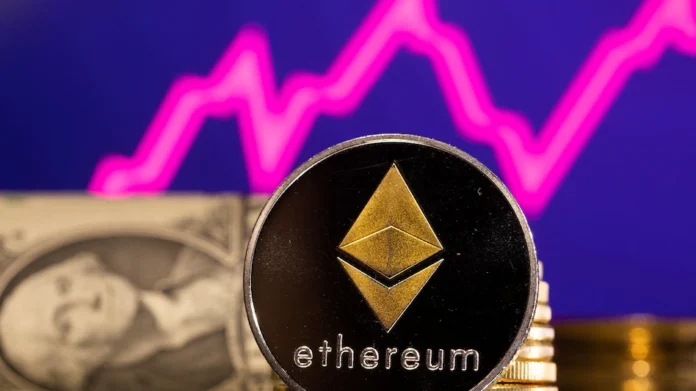In an innovative move expected to reshape the cryptocurrency landscape, the U.S. Securities and Exchange Commission (SEC) has officially approved the sale of spot Ethereum exchange-traded funds (ETFs) in the United States.
This decision, coming immediately after the SEC’s Bitcoin ETF approval earlier this year, represents a significant milestone for widespread cryptocurrency adoption. On July 23, 2024, the SEC allowed the first spot Ethereum ETFs to start trading — this followed approval of spot Bitcoin ETFs in January 2024.
The SEC’s May 23, 2024 decision combined proposals from major exchanges, including Nasdaq, the NYSE, and CBOE, which had requested changes to existing regulations to permit the trading of exchange-traded products (ETP) and Ethereum ETFs.
While the approval process is not yet complete—as individual ETF issuers still need SEC approval for registration statements detailing investor disclosures—the industry is brimming with anticipation.
Addressing Key Concerns: Fraud, Manipulation, and Investor Protection
In its accelerated approval, the SEC focused on several critical aspects, with preventing fraud and manipulation being paramount.
The commission emphasized the need for comprehensive shared surveillance agreements with the Chicago Mercantile Exchange (CME) to detect and deter fraudulent activities.
Although the CME is not currently engaged in spot Ethereum market surveillance, the high correlation between futures and spot markets means that price manipulations in the spot market would likely affect the futures market.
To demonstrate this correlation, exchanges submitted correlation analyses, and the SEC conducted its own review, examining CME Ethereum futures price data and ETH/USD spot trading pairs on major platforms across various time intervals.
The SEC’s analysis confirmed that the CME Ethereum futures market has consistently been highly correlated with the spot Ethereum market over the past 2.5 years, ensuring that CME’s futures market surveillance can effectively detect and deter fraud and manipulation in spot Ethereum markets.
Investor protection and market integrity were also key considerations for the SEC. The commission analyzed price information availability, portfolio holding transparency, and the implementation of surveillance procedures and shared surveillance agreements between exchanges and regulated markets.
Volatility and Risk: A Double-Edged Sword
While some commentators expressed concerns about Ethereum’s price volatility and potential risks to retail investors and the financial system at large, the SEC concluded that the proposals meet Exchange Act requirements, including preventing fraud and manipulation acts.
It’s worth noting that market volatility is inherent in the cryptocurrency space and can be attractive to many investors operating under the “caveat emptor” (buyer beware) principle.
However, the SEC and other supervisory authorities must remain vigilant about the potential impact of cryptocurrency integration with traditional finance on the broader financial system.
The gradual integration of multiple derivative assets could have significant and largely unexamined consequences for the financial system as we know it. Ignoring these potential risks could lead to a repetition of the 2007-2008 financial crisis, but on a much larger scale.
A New Era of Cryptocurrency Investment
While the industry anxiously awaits final approval of individual ETF registration statements, the SEC’s decision to green-light spot Ethereum ETFs marks a new era for cryptocurrency investment.
With increased accessibility and regulatory oversight, these ETFs are expected to attract a broader range of investors, further solidifying widespread cryptocurrency adoption.
However, investors must approach this new frontier cautiously and with a deep understanding of the inherent risks. While SEC approval provides a level of security, the volatility and potential systemic risks associated with cryptocurrencies cannot be ignored.
As the world of finance continues to evolve, it will be essential for regulatory bodies, exchanges, and investors to remain alert and proactive in addressing the challenges and opportunities ahead.



